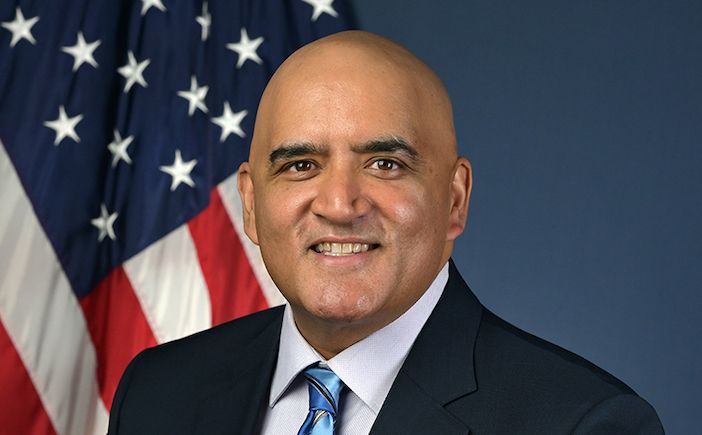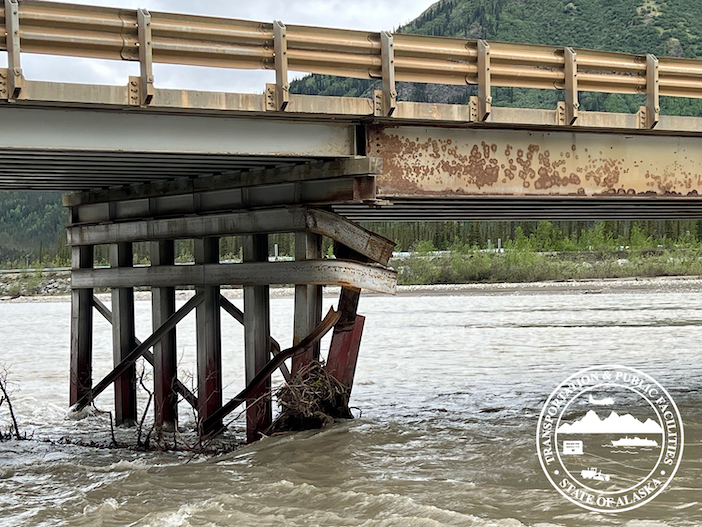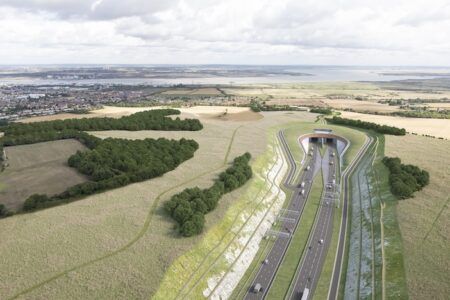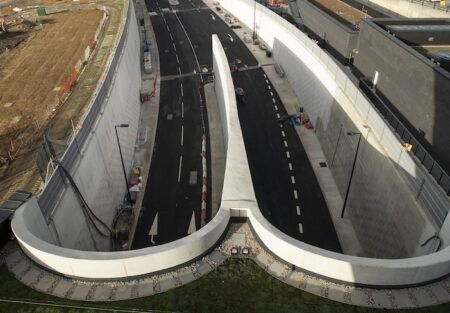The US Department of Transportation (USDOT) has announced more than $26.5 million in planning grants through the Federal Highway Administration’s (FHWA) competitive bridge investment program, created by President Biden’s Bipartisan Infrastructure Law.
These planning grants, which will fund 28 projects in 18 states, will be used to create a pipeline of future bridge construction projects to improve safety, support economic competitiveness, and make our highway infrastructure more resilient to the effects of climate change.
“Using funds from the Bipartisan Infrastructure Law, the Biden-Harris Administration continues to actively address the backlog of bridges needing repairs, making our roads and highways safer and our supply chains stronger,” says US transportation secretary Pete Buttigieg. “The bridge investment program planning grants we’re announcing today will provide much-needed resources to communities nationwide so they can complete the plans and studies required to move forward with important bridge projects.”
Following FHWA’s recent announcement of $5 billion in funding to repair 13 nationally significant bridge projects, the announcement delivers on the Biden-Harris administration’s promise to build, repair, and replace tens of thousands of bridges nationwide.
To date, $7.4 billion in funding from the bridge investment program has been awarded for 78 projects in 38 states across the country. Thanks to the bridge investments in the Bipartisan Infrastructure Law, over 10,200 bridges projects across the nation have launched since enactment.

“The planning grants announced today will help states and communities prepare critical bridge projects for restoration or replacement before they fall into a state of disrepair,” says federal highway administrator Shailen Bhatt. “By making historic investments in bridge projects that serve as a vital transportation link in communities nationwide, the Biden-Harris Administration is supporting local economies, strengthening supply chains, and promoting resilience and safety in transportation.”
The program supports projects that improve the safety, efficiency, and reliability of the movement of people and freight over the nation’s bridges, including improving the condition of bridges; reducing the number of bridges in fair or poor condition or cannot meet the existing or future demands of the transportation network.
Planning grants under the bridge investment program are available for projects in the early phases of project development where eligible activities include planning, feasibility analysis, and revenue forecasting.
By providing planning grants in addition to construction grants, the USDOT supports the development stage of a project that could then be eligible for a future construction grant through a range of competitive grant programs. For example, the interstate bridge replacement program to replace the I-5 bridge between Washington and Oregon received a bridge planning grant in 2022 which ultimately supported its application and award of a nearly $1.5 billion large bridge grant and a $600 million mega grant.
The Alaska Department of Transportation and Public Facilities will receive $1.9 million for planning studies to evaluate four critical bridges along the Dalton Highway and Koyukuk River to advance safety and state of good repair along this corridor. The bridges are at a heightened risk due to flooding worsened by climate change.
The Minnesota Department of Transportation will receive $2.3 million to develop strategic management plans for seven high priority bridges across the state’s trunk highway system. The plan will identify activities to improve the condition of the bridges, extend their service life, reduce the number of bridges that deteriorate to poor condition, and reduce the number of miles driven over bridges in poor condition.
The South Carolina Department of Transportation will receive $1.6 million for a Planning and Environmental Linkages study to evaluate the replacement needs for six rural bridges in fair or poor condition along the Interstate 85 corridor in partnership with the Georgia Department of Transportation. The study will also examine the needs for additional truck parking.





